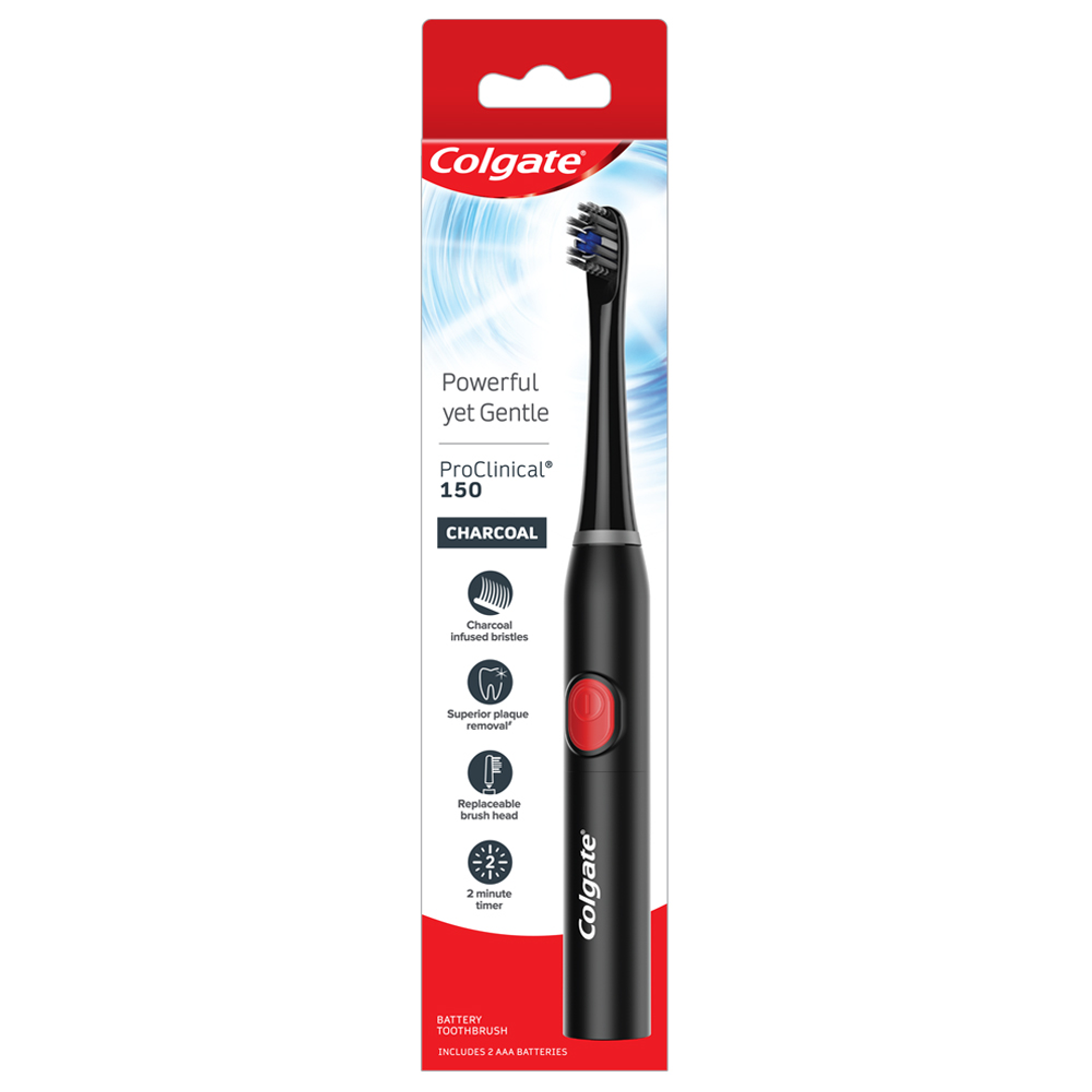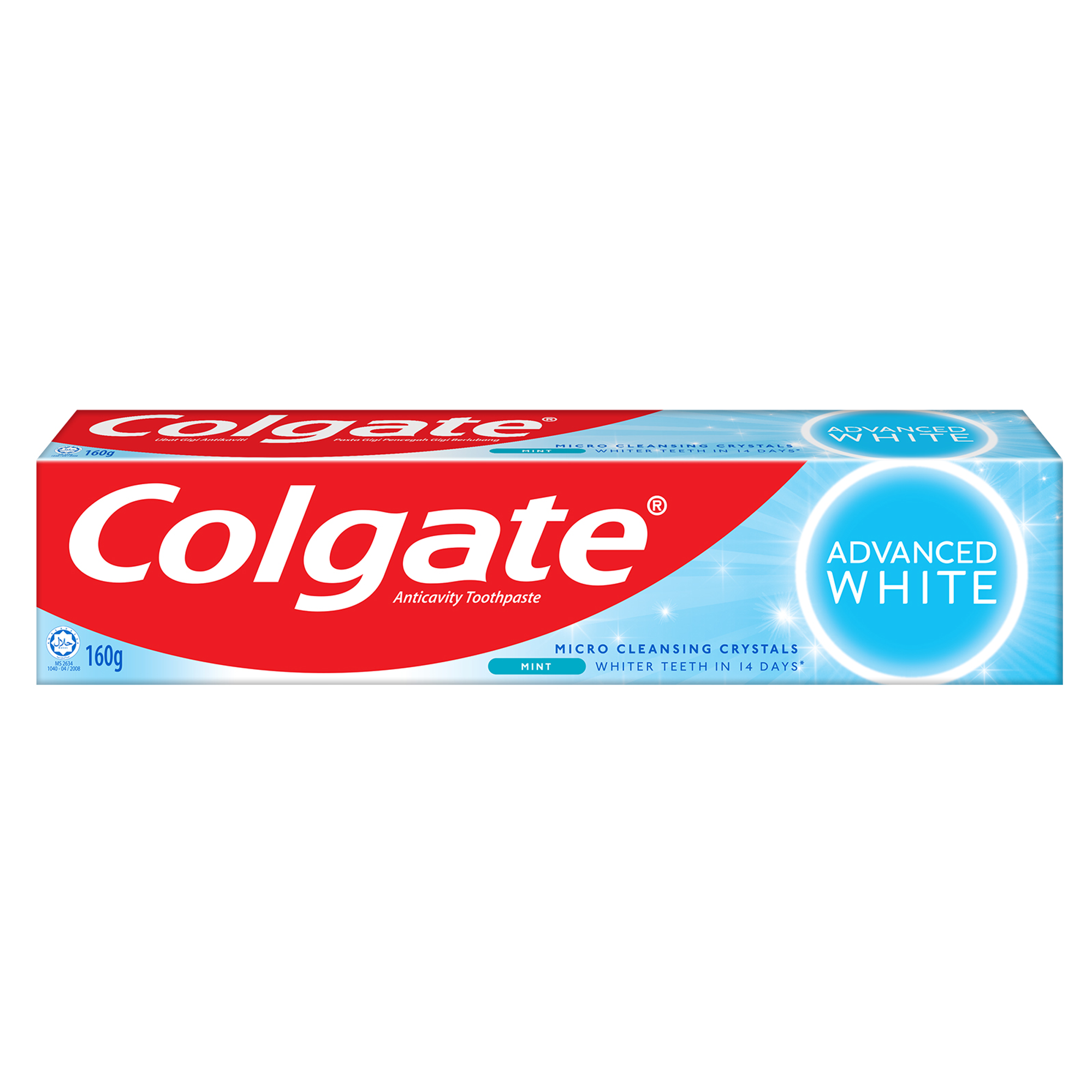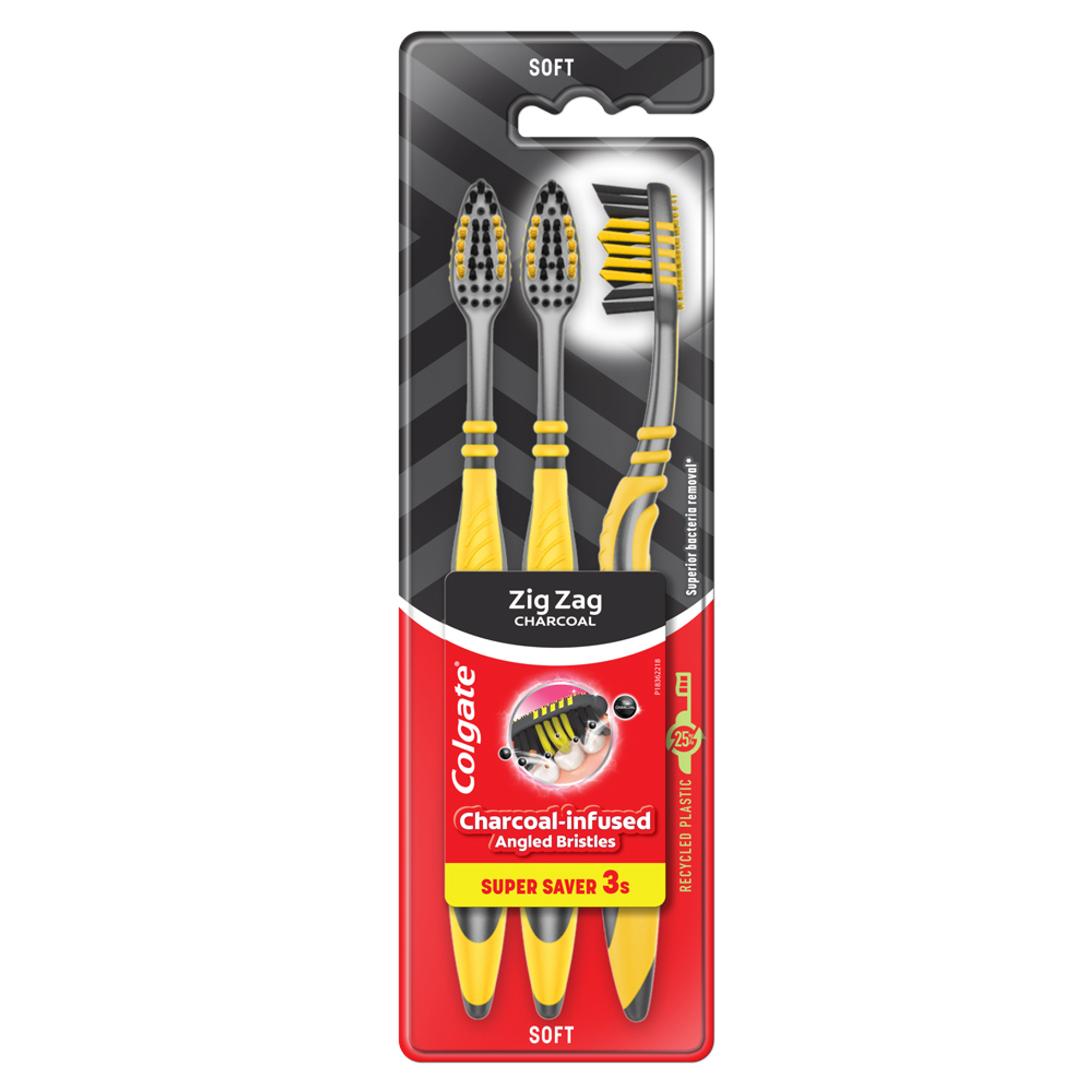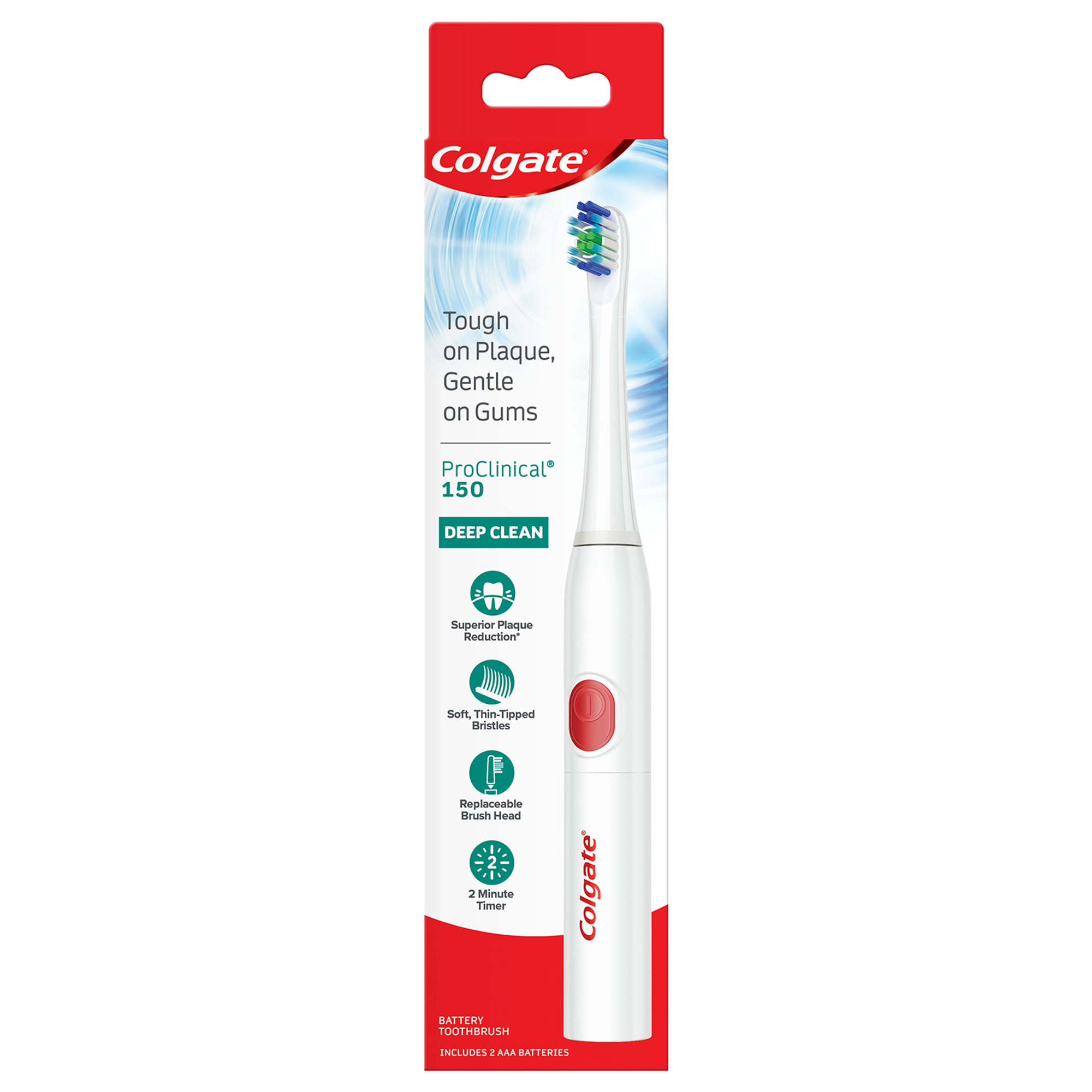- Oral Health and Dental Care | Colgate®
- Oral Health
- How Porcelain Dental Veneers Can Rebuild Your Smile


People with healthy smiles like to show them off, but for people with chipped, discolored or crooked teeth, smiling can be a painful experience, emotionally and physically. Thankfully, there are lots of options to help fix dental problems, and one of the most popular for older patients is porcelain dental veneers. Here's what they are and what they can do for you.
What are Porcelain Veneers?
Porcelain veneers, as described by the American Academy of Cosmetic Dentistry, are thin pieces of porcelain shaped to fit over the front side of your teeth. Veneers are strong, look natural and are made to match the shape and color of your own teeth.
To prepare your teeth for veneers, the dentist will remove about one millimeter of enamel from each tooth's surface, according to the Academy of General Dentistry. Next, your dentist will take an impression of the inside of your mouth, form a mold, and send it to a dental laboratory where your veneers are custom made by a dental technician.
When finally ready, your dentist will bond the product to your teeth with special cement.
Are Veneers a Good Option for Me?
Teeth that are discolored, chipped, decayed or poorly shaped are good candidates for veneers. They're also beneficial in situations involving a slight gap between two teeth, as well as for minor crowding and bite-related problems.
Discuss porcelain veneers with your dentist. If they can work for you, be part of the design process. Let your dentist know what you want corrected and what you're looking for in your new smile. With cosmetic imaging, you may even be able to see a preview of the new you.
Advantages and Disadvantages
Aside from having the best teeth in the house, one of the greatest values in porcelain veneers is that very little tooth structure is lost, and you may need little to no anesthesia for some treatments. The materials used to make them also provide resistance to stains from coffee, tea and other foods that natural teeth don't protect against as easily.
Because some enamel is removed, however, the procedure is irreversible. Also keep in mind that once cemented, the color cannot be corrected. You may have some temperature sensitivity for a few days, as well. Veneers are strong, but they can be damaged by chewing ice or biting your fingernails, so you'll need to kick those habits, should you have them.
How to Take Care of Them
You'll want to treat your new porcelain veneers just as carefully as you do your own teeth. Keep your normal oral hygiene routine, but use nonabrasive fluoride toothpaste such as Colgate® Cavity Protection, which keeps you free of decay without aggravating the veneers themselves. Your dentist or dental hygienist should also use a nonabrasive polish during regular cleaning appointments. If you clench or grind your teeth, your dentist may also suggest a night-guard to protect your veneers from damage while you sleep.
Even those who are the most self-conscious about their teeth can see a big change from porcelain veneers. As author and spiritualist Thich Nhat Hanh said, "Sometimes your joy is the source of your smile, but sometimes your smile can be the source of your joy." Find out if the source of your joy is in a new set of porcelain dental veneers.
Related Products

Helping dental professionals
More professionals across the world trust Colgate. Find resources, products, and information to give your patients a healthier future













